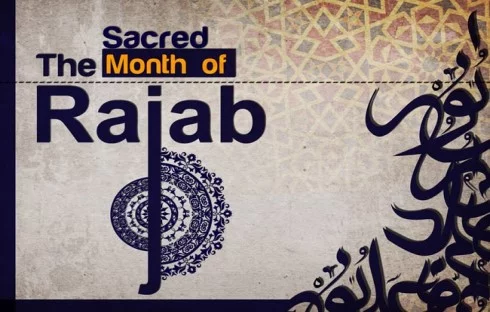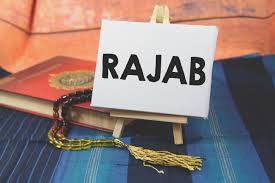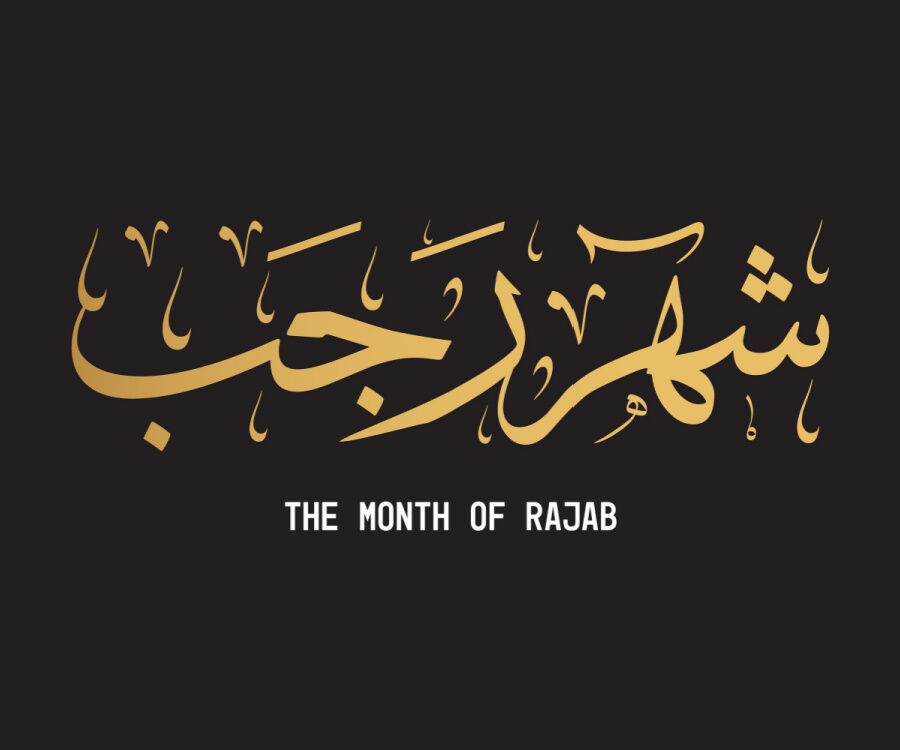Rajab is one of the four sacred months in Islam, making it a spiritually significant time for Muslims around the world. Many believers seek to increase their acts of worship during this month, including fasting. But is Is there fasting on the first day of Rajab? Let’s explore Islamic teachings and scholarly opinions on this matter.
What is Rajab?

Rajab is the seventh month of the Islamic calendar. It is one of the four sacred months (Al-Ashhur Al-Hurum) mentioned in the Quran, along with Dhul-Qa’dah, Dhul-Hijjah, and Muharram. These months are considered special because Allah has designated them as times for increased piety and righteousness.
Why is Rajab Considered Sacred?
Rajab holds deep historical and spiritual importance in Islam. It is a month of divine mercy and preparation for the upcoming holy months of Sha’ban and Ramadan. Many scholars emphasize the significance of Rajab as a time for seeking forgiveness, repentance, and strengthening one’s faith.
Historical and Religious Significance
Historically, pre-Islamic Arabs revered Rajab as a peaceful month when fighting was prohibited. In Islamic tradition, Rajab is a time for reflection, increased devotion, and preparation for Ramadan.
Fasting in Rajab
Fasting is one of the most rewarding voluntary acts in Islam. The Prophet Muhammad (peace be upon him) frequently fasted outside of Ramadan, particularly on Mondays and Thursdays, and on the 13th, 14th, and 15th days of the lunar month.
The Role of Voluntary Fasting in Islam
While Ramadan fasting is obligatory, voluntary fasting throughout the year is highly encouraged. It is seen as an act that brings one closer to Allah and increases self-discipline.
Are There Specific Fasts for Rajab?
Islamic scholars have debated whether there are any special fasts exclusive to Rajab. While fasting in Rajab is permissible and rewarding, there is no authentic hadith that prescribes fasting exclusively on the first day of Rajab.
Is there fasting on the first day of Rajab

There are no explicit hadiths from the Prophet Muhammad (PBUH) that specify fasting on the month of Rajab as a Sunnah practice. However, fasting in general during Rajab is considered beneficial.
Views of Scholars on Fasting on the First Day
Most scholars agree that fasting in Rajab is allowed but should not be singled out as a prescribed act unless supported by authentic hadith. Some scholars discourage attributing special significance to fasting on the first day without strong evidence.
Hadith References and Scholarly Opinions
There are weak or fabricated hadiths that claim specific virtues for fasting on the first day of Rajab. Scholars caution against relying on such narrations and emphasize voluntary fasting based on general Islamic principles.
What are the fasting days in the month of Rajab
In the month of Rajab, there are no specific obligatory fasting days, but fasting is encouraged based on the general virtues of voluntary fasting and the significance of the sacred months. Here are What are the fasting days in the month of Rajab:
1. Fasting on Mondays and Thursdays
- It is a Sunnah to fast on these days, as the Prophet Muhammad (ﷺ) encouraged fasting on Mondays and Thursdays.
- Hadith: The Prophet (ﷺ) said:“Deeds are presented (to Allah) on Mondays and Thursdays, so I like that my deeds be presented while I am fasting.”
(Tirmidhi, Abu Dawood, Nasai)
2. Fasting on the White Days (Ayyam Al-Beed)
- These are the 13th, 14th, and 15th of every Islamic month, including Rajab.
- Hadith: The Prophet (ﷺ) said:“Fasting three days each month is like fasting for a lifetime.”
(Sahih Muslim) - In Rajab 1446 (2025), the white days will be approximately on:
- 13th Rajab – January 23, 2025
- 14th Rajab – January 24, 2025
- 15th Rajab – January 25, 2025
3. Fasting Any Day of Rajab (Especially in Sacred Months)
- Rajab is one of the four sacred months (Al-Ashhur Al-Hurum) mentioned in the Qur’an:“Verily, the number of months with Allah is twelve months (in a year), so it was ordained by Allah on the Day when He created the heavens and the earth; of them, four are sacred.”
(Surah At-Tawbah 9:36) - Many scholars recommend fasting as much as possible during sacred months.
4. Fasting on the 27th of Rajab (Isra and Miraj) – No Authentic Hadith
- Some people believe that fasting on the 27th of Rajab, the night of Isra and Miraj, is special.
- However, there is no authentic hadith that specifically recommends fasting on this day.
- If one chooses to fast, it should be with the intention of general voluntary fasting, not as a religious obligation.
The Rewards of Fasting in Rajab
What is the significance of the month of Rajab?holds great spiritual significance and is highly recommended by many scholars. Although there are no explicitly authentic hadiths that single out fasting in Rajab as obligatory or superior to fasting in other sacred months, Islamic teachings emphasize the general virtue of fasting and the special status of Rajab as one of the four sacred months (Al-Ashhur Al-Hurum) mentioned in the Qur’an.
Following the Sunnah of Voluntary Fasting
- The Prophet Muhammad (ﷺ) used to fast frequently in the sacred months, which include Rajab, Dhul-Qa’dah, Dhul-Hijjah, and Muharram.
- Fasting in Rajab falls under the general virtue of fasting in these sacred months.
Gaining Divine Mercy and Forgiveness
- Fasting is a means of expiating sins and seeking Allah’s mercy.
- It is reported that fasting a single day for the sake of Allah can remove sins and distance a person from Hellfire.
Increased Rewards for Good Deeds in Sacred Months
- The sacred months are special in the sight of Allah, and acts of worship performed in them carry greater rewards.
- Fasting in Rajab is an opportunity to increase one’s good deeds and spiritual purification.
Preparation for Ramadan
- Rajab marks the beginning of the spiritual journey towards Ramadan.
- Fasting in Rajab helps prepare the body and soul for the intense devotion and discipline of Ramadan.
Developing Taqwa (God-Consciousness)
- Fasting increases taqwa, a key goal of Islamic worship.
- It teaches patience, self-control, and gratitude while drawing one closer to Allah.
HOW Arabian tongue shapes your journey of LEARNing QURAN and arabic?
At Arabian Tongue, we empower you with the tools that allow for reflecting on the meanings of the Quran and sensing the greatness of the Creator. We incorporate unique teaching methods in our courses listed below:
- Learn Quran Online
- Online Arabic Classes
- Learn Tagweed Online
- Arabic grammar course online for beginners
- Quran Ijazah Course for Kids
FAQs
Is fasting in Rajab obligatory?
No, fasting in Rajab is voluntary and not obligatory.
What are the best days to fast in Rajab?
Mondays, Thursdays, and the White Days (13th, 14th, 15th) are recommended.
Are there any specific prayers for Rajab?
No specific prayers are prescribed, but increased supplication and repentance are encouraged.
Is there a hadith that supports fasting on the first day of Rajab?
No authentic hadith directly supports fasting on the first day.
Can I fast in Rajab if I have missed Ramadan fasts?
Yes, missed Ramadan fasts should be prioritized.
Conclusion
While fasting on the first day of Rajab is not explicitly prescribed in Islam, voluntary fasting during Rajab is encouraged. Muslims should focus on increasing their acts of worship while following authentic teachings.


